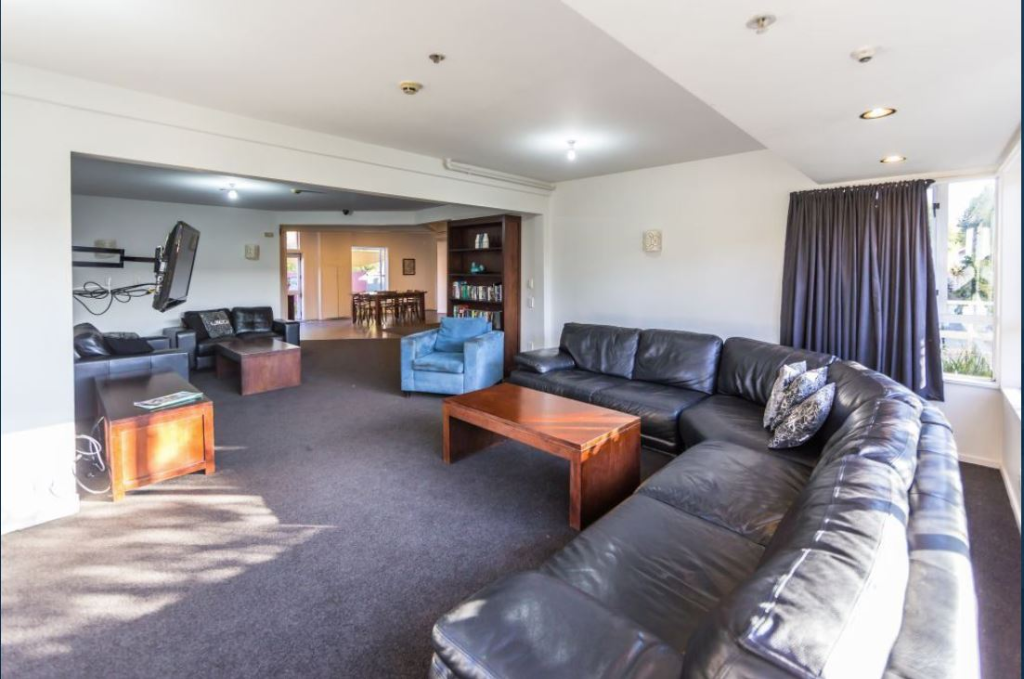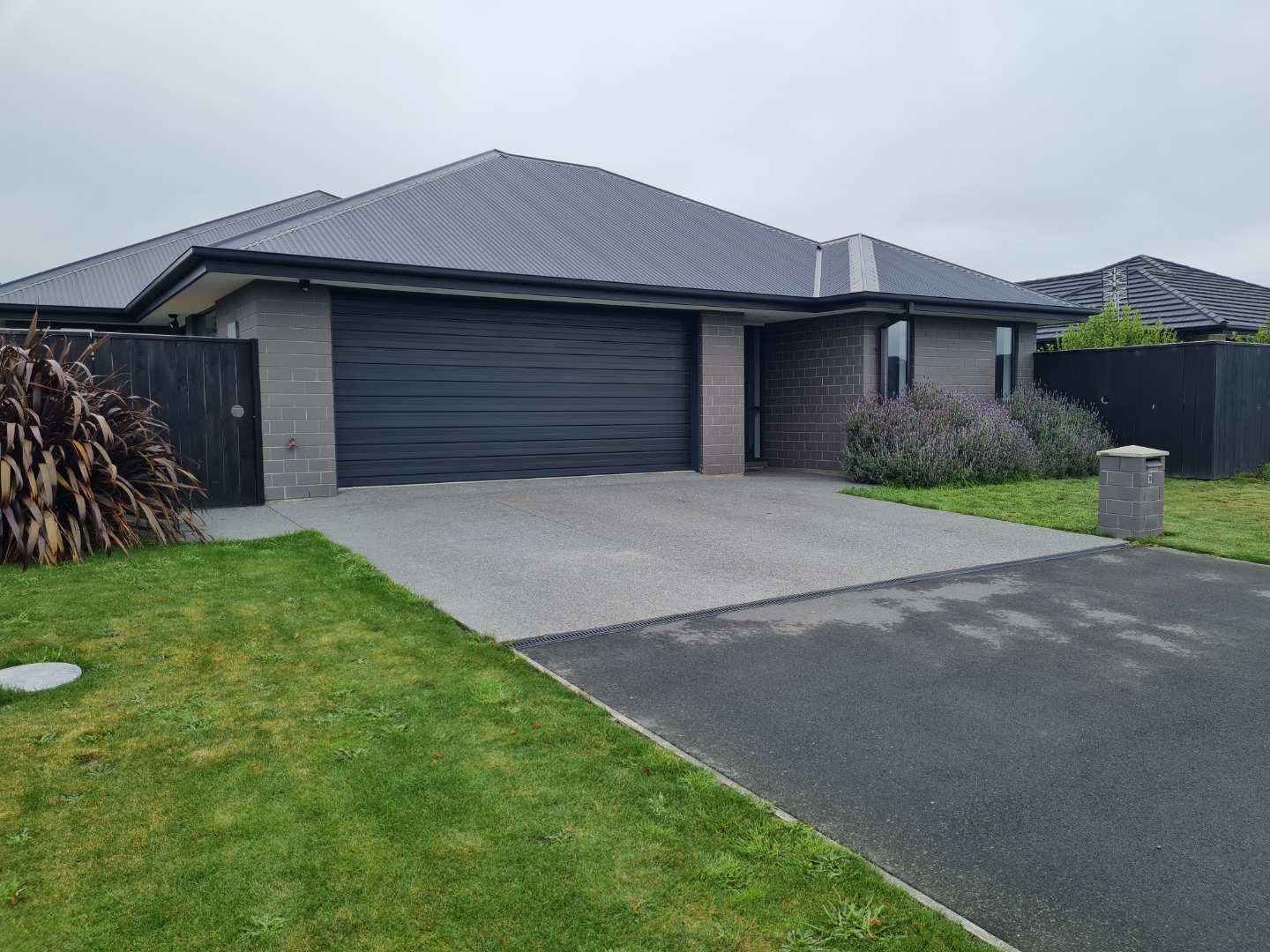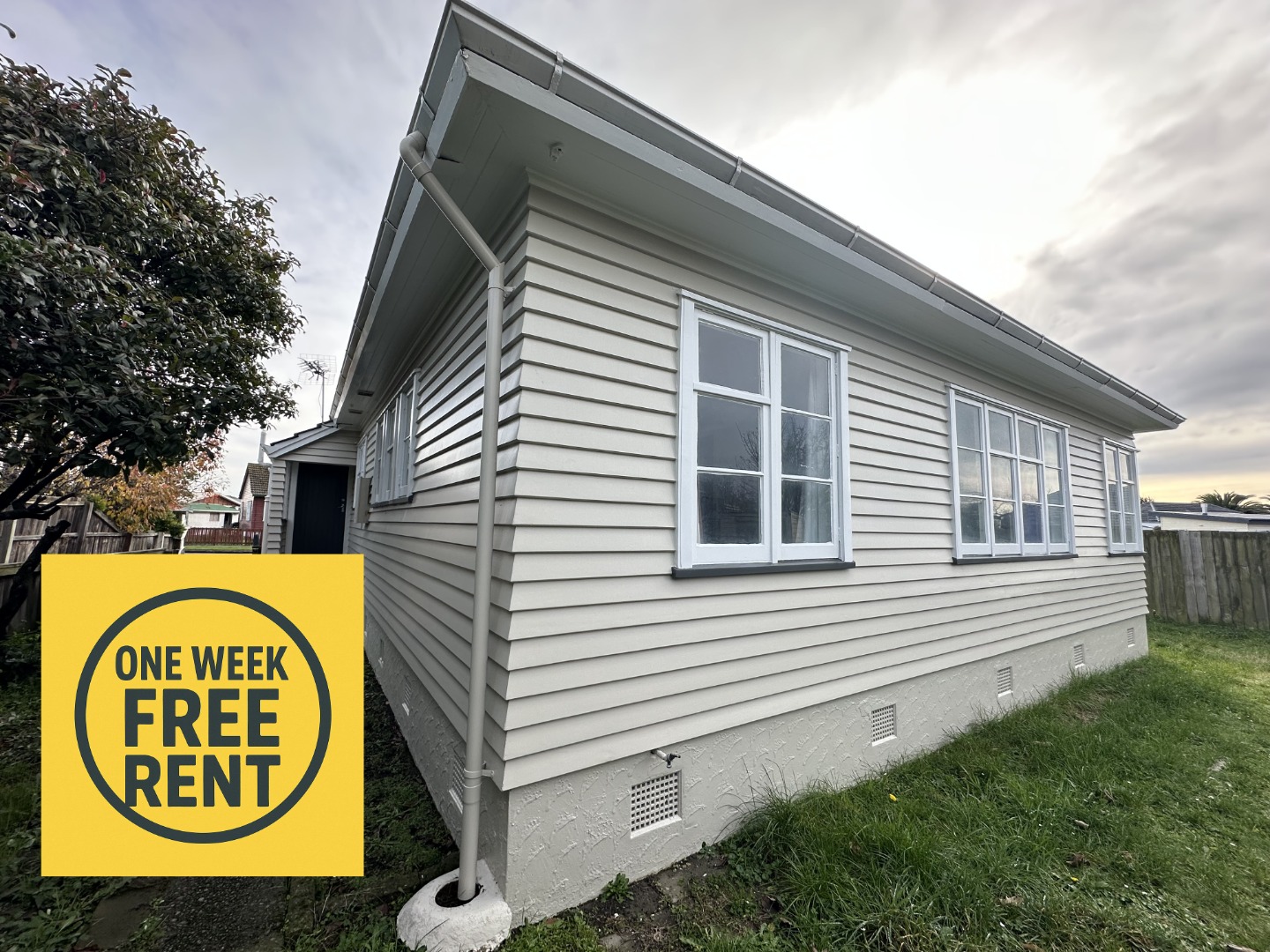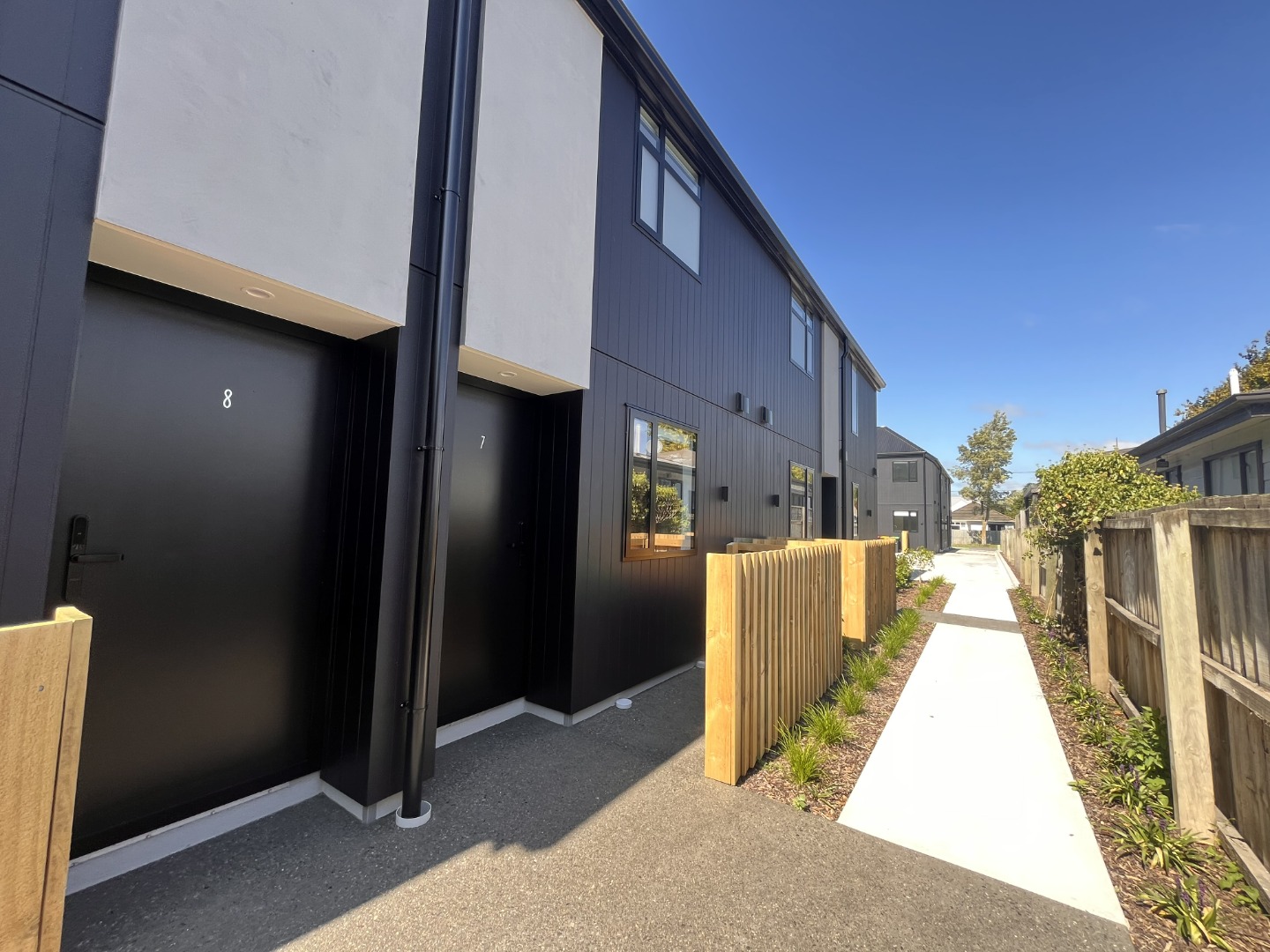

Boarding Houses To Be Exempt From New Tax Rules

As we know, the proposed tax changes which are due to come in to effect on 1 October, will result in restrictions on deductions for interest expenses on residential properties. Interest deductibility on mortgages on residential investment properties acquired before 27 March 2021 will be gradually phased out between 1 October 2021 and 31 March 2025.
We invest in and manage a number of boarding houses in Christchurch, comprising around 200 rooms in total. There are upsides and downsides to investing in any type of property however, if well managed, tidy, clean and in a good location, boarding houses can be a very lucrative option.
So what is a boarding house?
In a recent case before the High Court (Karmarkar v Pandem & Ors), the Court determined that if a tenancy fitted the following criteria, then it was deemed a boarding house:
- Does the house contain one of more bedrooms along with facilities for communal use by the tenants?
- Is the tenancy occupied or intended to be occupied by 6 or more tenants?
- Is the tenancy intended to, or does in fact last for 28 days or more?
- Are tenants granted exclusive rights to occupy particular bedrooms, whether the occupancy is for single or shared use?
- Does the right to occupy a particular bedroom derive from the tenancy agreement between the individual tenant and the landlord rather than from a collective decision of the tenants?
If the answer to all of these questions for a tenancy was yes then the tenancy is therefore a boarding house tenancy.
How do you setup a boarding house?
Boarding houses are fully furnished and include fully equipped kitchens and appliances. Tenants are only required to provide their own linen and each new tenant purchases a mattress protector from us, which is discarded when they vacate. The landlord pays for all services including power, internet, gas, extra rubbish bins as needed, weekly cleaning of common areas and ground maintenance, which is usually around $25-30 per week per tenant. The tenant pays a weekly rent inclusive of these services, anywhere from $120-$250 per week depending on the property. Some of our boarding houses have around thirty rooms and some six. The larger properties have multiple kitchens, bathrooms, living rooms and ample off street parking. The more expensive rooms will have ensuites, TVs and double beds.
How do you manage a boarding house?
Due to multiple tenancies with tenants frequently coming and going, management of boarding houses can be very time consuming. Tenancies are periodic, with most staying longer than six months and some up to many years. Advertising, showing rooms to prospective tenants along with processing applications is consistent. Property management fees are higher than standard residential properties due to the extra time involved in management, we do however find vacancy rates are low as there is good demand for rooms in Christchurch.
What type of tenants live in boarding house?
We see a good range of tenants looking to rent rooms, from students to immigrants to beneficiaries or lower income workers. Since COVID-19 many highly skilled workers are transferring to Christchurch from within New Zealand – boarding houses are appealing as they provide a ready-made home, fully furnished with all amenities taken care of and the flexibility of not being locked into a long-term tenancy. Boarding houses around Canterbury University attract mature students who seem to stay on over the summer to work and some even stay once they’ve graduated. Lower end boarding houses will attract beneficiaries and lower income workers who cannot afford to rent by themselves.
What are the returns on boarding houses?
If run well, kept in good condition and in sought-after areas, these properties should be cash cows – achieving at least 7% gross yield is definitely viable. Location is key as tenants often don’t have cars so need to be near good public transport, major shopping malls, or the University. Being exempt from the new tax rules, consider taking the debt from your other residential investments and loading it into a boarding house. As always, seek advice from your accountant about whether this is the right option for you.
What are the rules around boarding houses?
While boarding house tenancies and standard tenancies share a lot of the same requirements under the Residential Tenancies Act (RTA), some things apply only to boarding houses. They also have to meet the first compliance date for the health homes standards, which is 1 July 2021.
Some of the differences are:
- Copies of the house rules and fire evacuation procedures are on display at all times
- You can ask the tenant to pay bond up to the equivalent of 4 weeks rent
- You must give 28 days' notice if you wish to increase the rent
- You must ensure tenants have access to their room, toilet and bathroom facilities at all times
- You are responsible for ensuring that the common areas are clean and well-maintained
- You have the right to enter the common areas at any time
- You can enter the boarding house at any time but must give notice before entering a tenanted room unless it is with the consent of the tenant. Generally this is 24 hours written notice, unless you reasonably believe that there is an emergency or that there is a serious risk to life or property
- You must provide 28 days’ notice to end a boarding house tenancy, or immediately if the tenant causes damage, threatens, endangers or disrupts, or within 48 hours written notice if the tenant doesn’t pay overdue rent within 10 days of receiving a written notice to do so, or where the tenant uses the premises for an illegal purpose or due to abandonment
- A tenant can end their tenancy with 48 hours’ notice at any time
More detailed information on the rules can be found https://www.tenancy.govt.nz/starting-a-tenancy/types-of-tenancies/boarding-houses/
Having purchased, set-up and managed boarding houses for a number of years we have a wealth of knowledge we would love to share with you. We have a dedicated property manager who looks after all our rooms. Feel free to contact us for more information.





